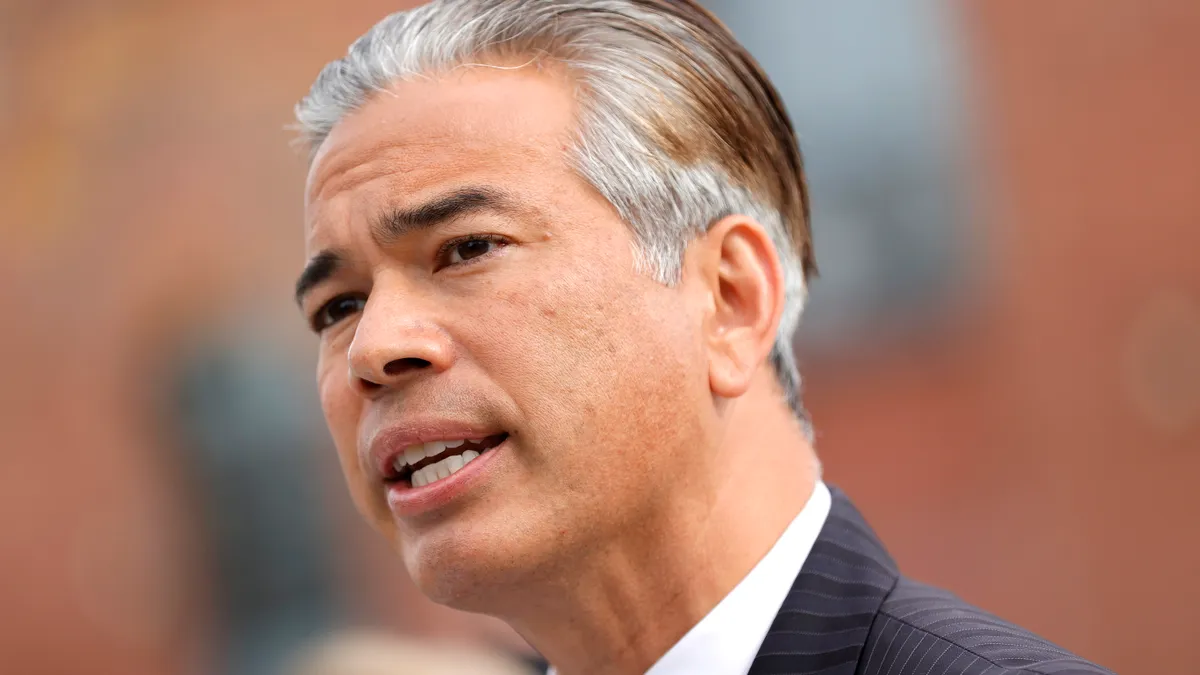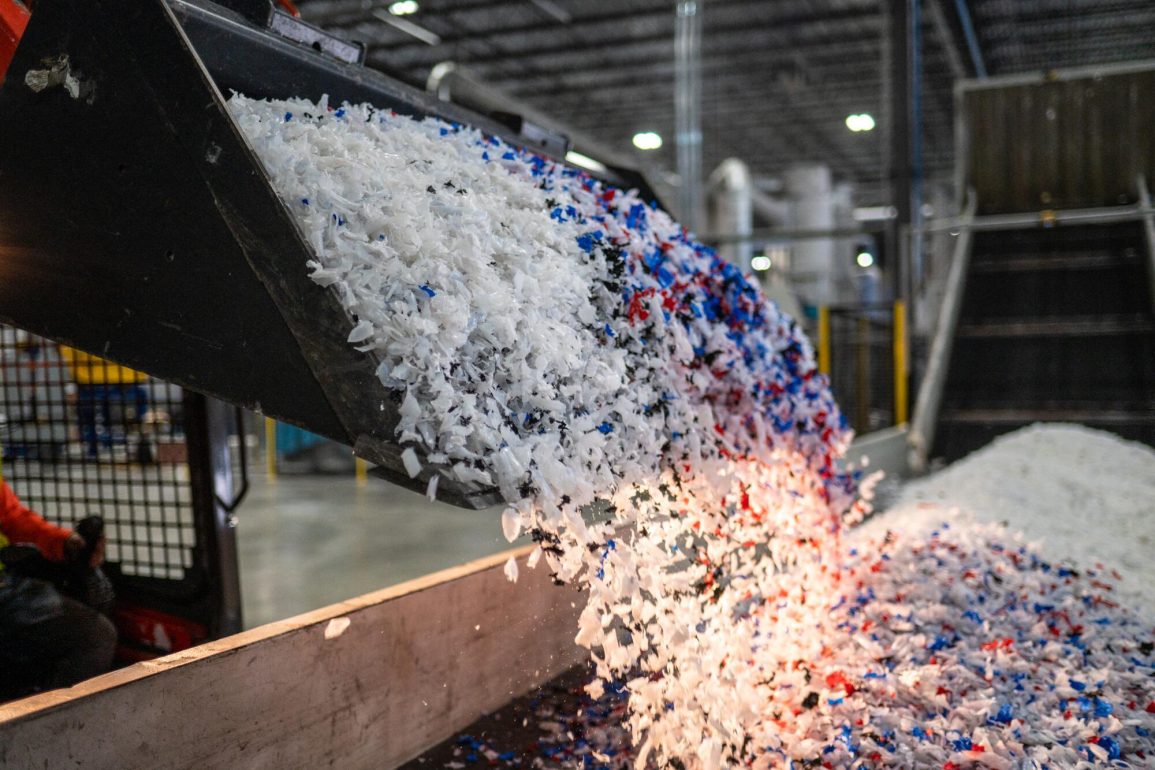The issue of plastic recycling is more complex than many people realize, as demonstrated by common household items like an orange laundry detergent bottle and a clear ketchup bottle. These two items cannot be recycled together due to their differing colors, types of plastic, and chemical compositions.
Unlike aluminum, which can be infinitely recycled, most plastics are designed in a way that makes recycling them a challenge. This misunderstanding stems from decades of misinformation propagated by the plastics and petrochemical industries, leading consumers to believe that plastics can be recycled just as easily as metals.
Recent legal developments, particularly a lawsuit by California Attorney General Rob Bonta against ExxonMobil, mark a significant turning point in the fight against plastic pollution. The lawsuit asserts that ExxonMobil has knowingly misled the public about the recyclability of plastics, allowing the company to profit without taking responsibility for the environmental damage caused by its products.
This legal action is historic, as it represents the first time a major oil company is being held accountable for deceptive practices regarding plastic recycling. Other lawsuits have targeted consumer brands for pollution, but Bonta’s focus on Exxon highlights the deeper roots of the problem within the industry itself.

ExxonMobil’s extensive involvement in plastic production is noteworthy, as the company is not just associated with oil and gas but also with the polymers used in many everyday plastic products.
The lawsuit indicates that Exxon relies heavily on single-use plastics for its growth strategy, demonstrating a systemic issue within the company and the industry at large. While consumers grapple with proper recycling habits, corporations like Exxon continue to produce vast amounts of unnecessary plastic, compounding the environmental crisis.
The composition of plastics, which includes over 16,000 chemicals to achieve various characteristics, makes them inherently difficult to recycle. Although some plastics are technically recyclable, the reality is stark; the U.S. only recycles a small fraction of plastic, with less than 6% finding its way back into use.
Public relations campaigns funded by companies like Exxon have falsely promoted the idea that plastic recycling is an effective solution to pollution, further misguiding consumers about their role in the crisis. The lawsuit underscores that this deception is not only misleading but illegal, as it shifts the responsibility of plastic pollution onto consumers while the production of plastic continues unabated.
In addition to addressing traditional recycling methods, Bonta’s lawsuit also takes aim at what is termed “advanced recycling,” a process that has been shown to create additional environmental hazards. With very few facilities capable of handling such recycling, this approach has failed to alleviate the problems posed by plastic waste and often exacerbates pollution, particularly in marginalized communities.
Bonta’s legal action not only seeks to hold Exxon accountable for its past and present misrepresentations but also sets a precedent for future cases against the oil industry. This litigation aims to curb deception and drive significant funding toward addressing the ongoing issue of plastic pollution in California, fostering accountability within the industry while inspiring similar legal actions in other states.

